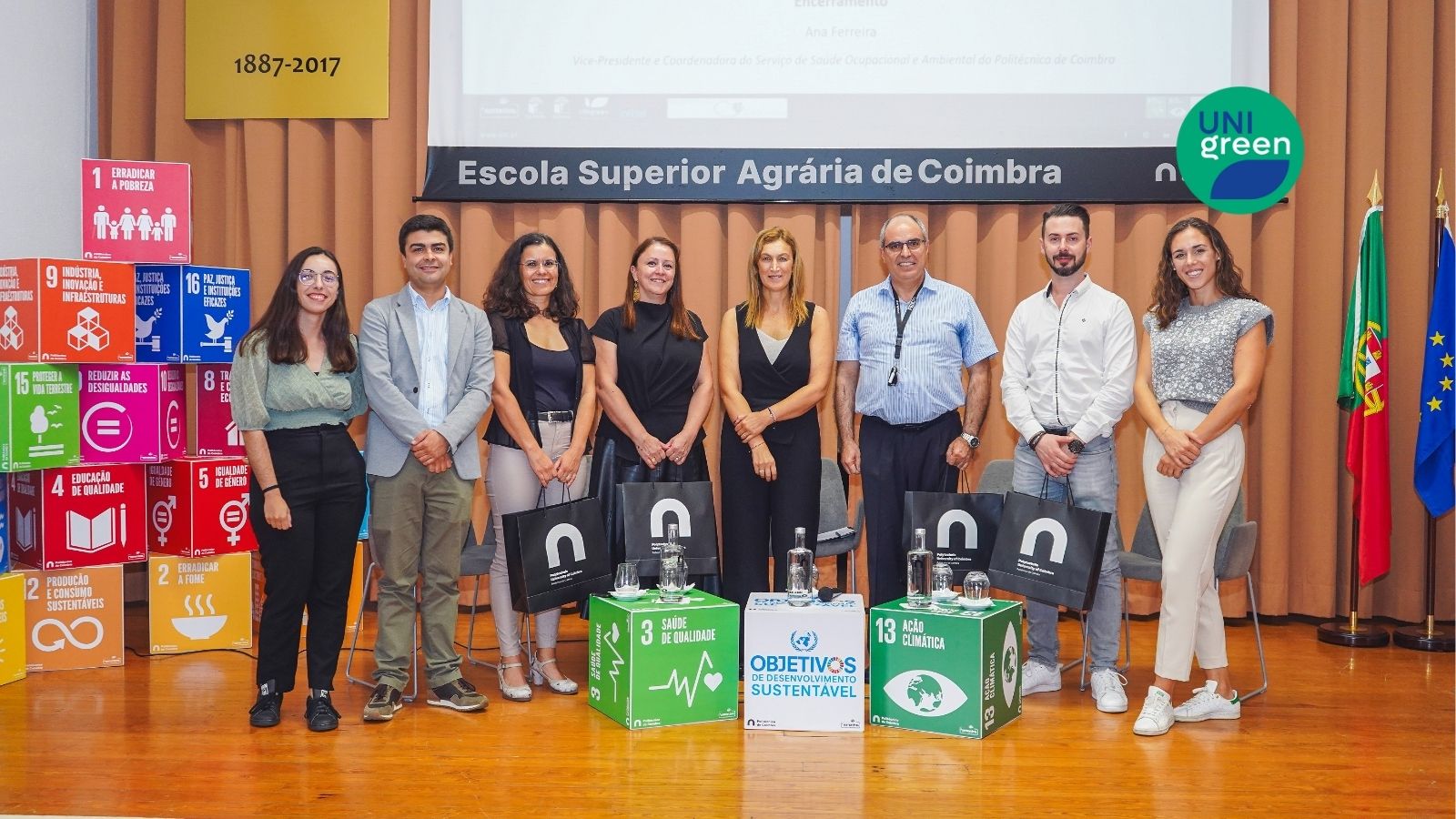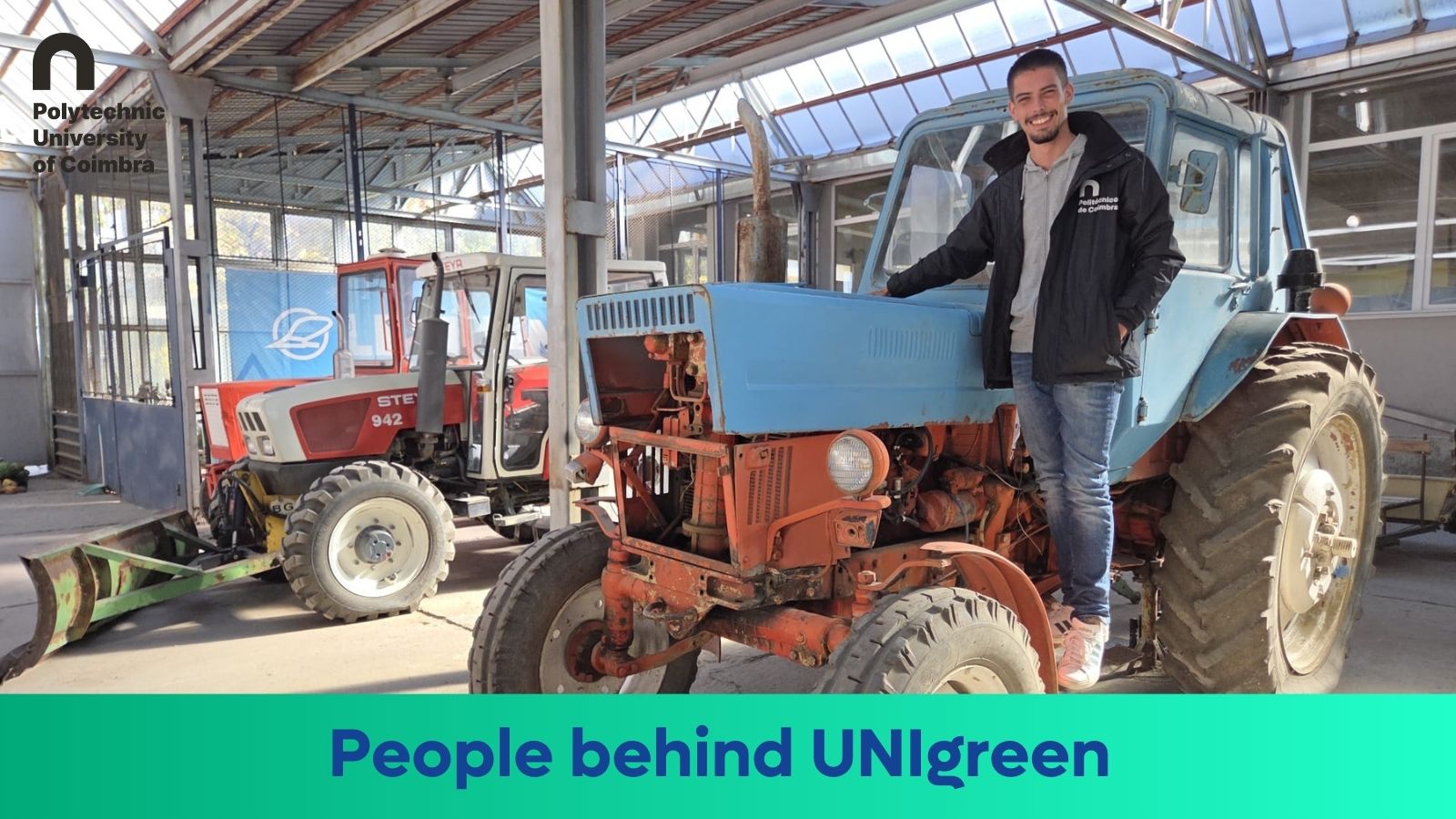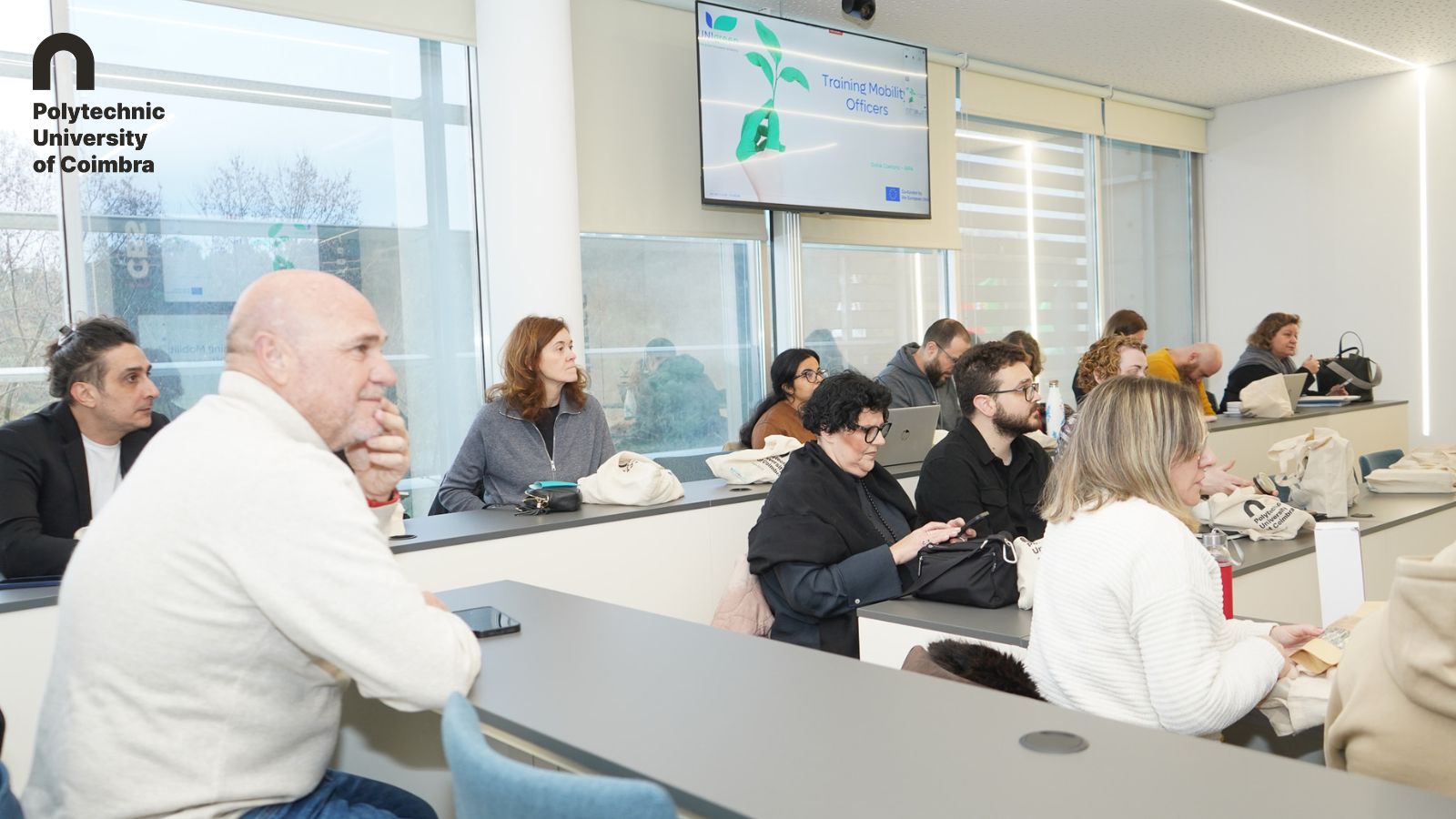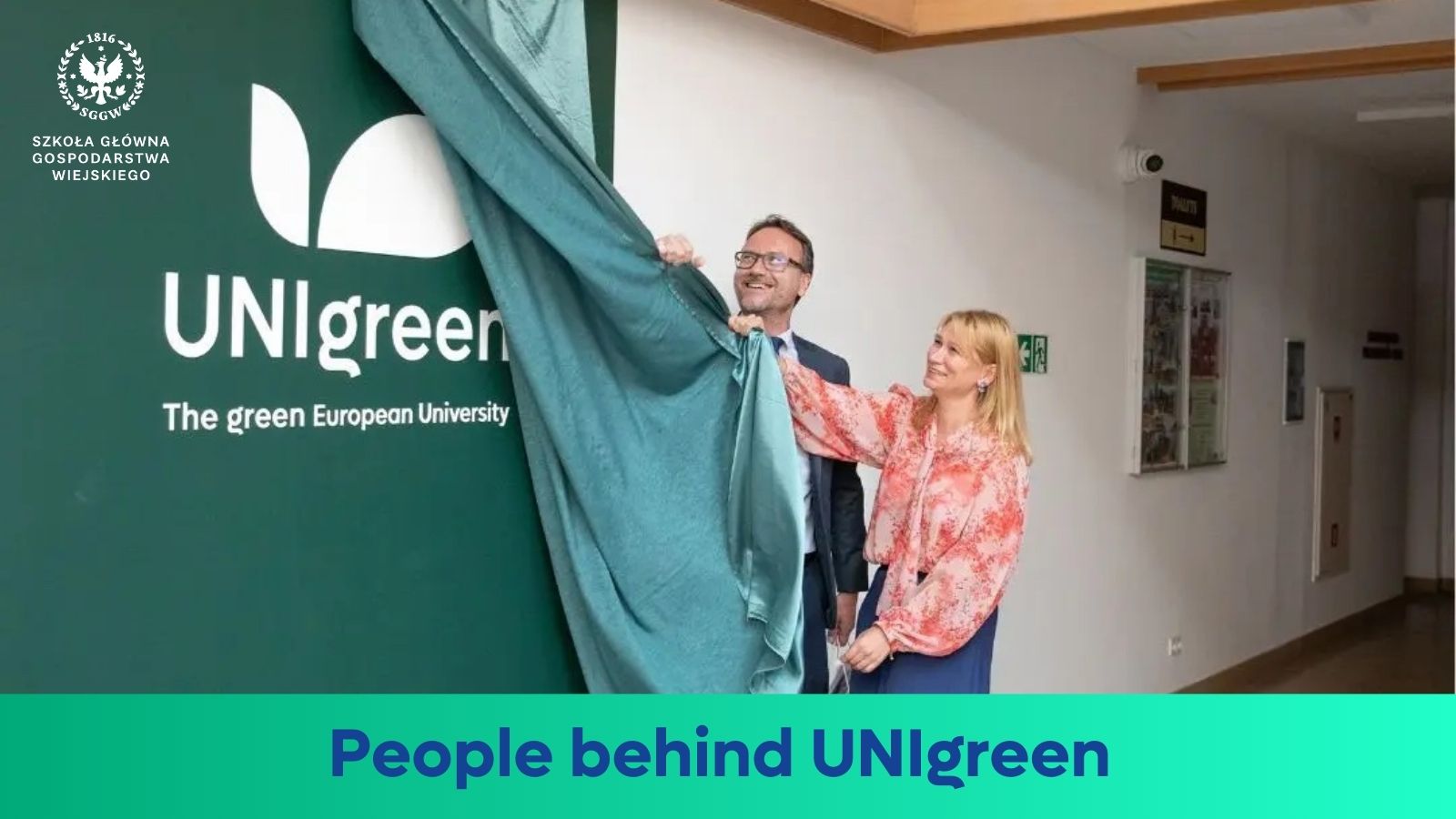The “Emerging Challenges for Public Health: Vectors, Mosquitoes and Climate Change” Seminar was held on September 26 at the Main Auditorium of the Coimbra Agriculture School (ESAC) of Polytechnic University of Coimbra, where a discussion was held on the emerging challenges that Vectors and Climate Change have brought and represent for public health.
The event began with speeches by Daniel Oliveira, Technical Director of Rentokil Initial, and Rui Amaro, President of ESAC. In this opening session, the President of ESAC highlighted the relevance of the topic, demonstrating the institution’s willingness to collaborate in the scientific and practical evolution associated with it.
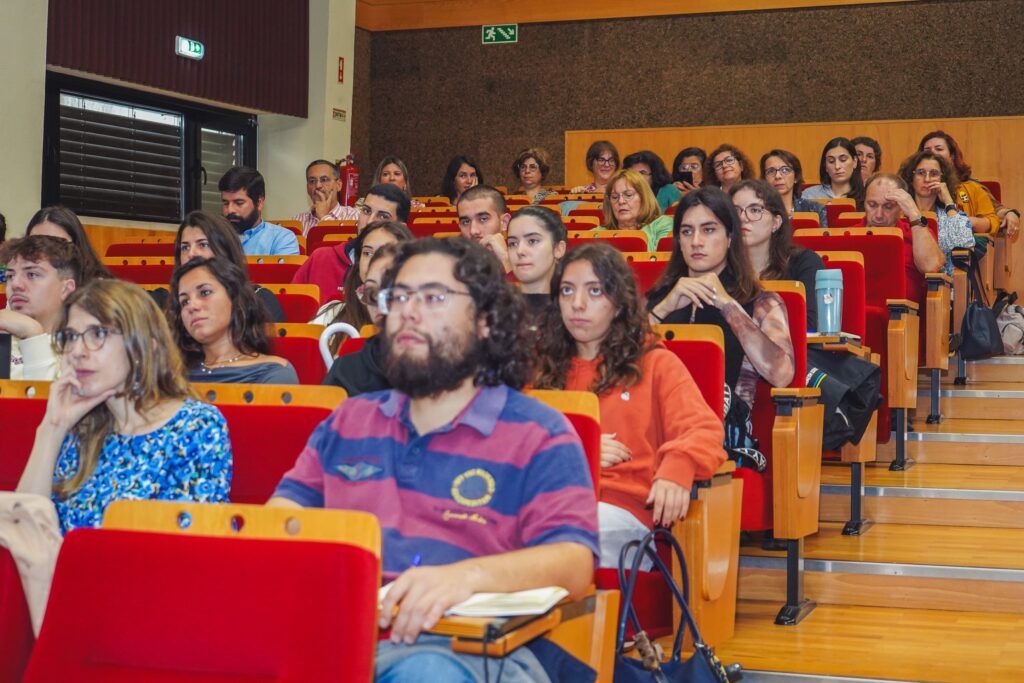
The diversity of speakers invited by the Polytechnic of Coimbra (PUC) provided a morning filled with various points of view on the issues under discussion. From the pest control experience of the Quality Manager at Rentokil Initial, Angelino Pina, to the fieldwork experience with the Vector Surveillance Network (REVIVE) of the Environmental Health Technician at the Local Health Unit (ULS) of the Aveiro Region, Susana Conde, to the more academic and global vision of Susana Paixão (Professor of Environmental Health at PUC’s Coimbra Health School), and the cumulative vision of the Public Health Doctor at the ULS of the Leiria Region, Bartolomeu Alves, who also has a degree in Environmental Health.
Angelino Pina stressed that intervention in the fight against vectors must begin in the community in general, preventing the formation of environments favorable to egg laying. “If we can treat the pest upstream, we are preventing it downstream,” he stated. According to Susana Paixão, “23% of deaths worldwide are related to environmental factors,” which at European level represents “1.4 million deaths.” The professor also stressed that, when it comes to health, there are no borders.
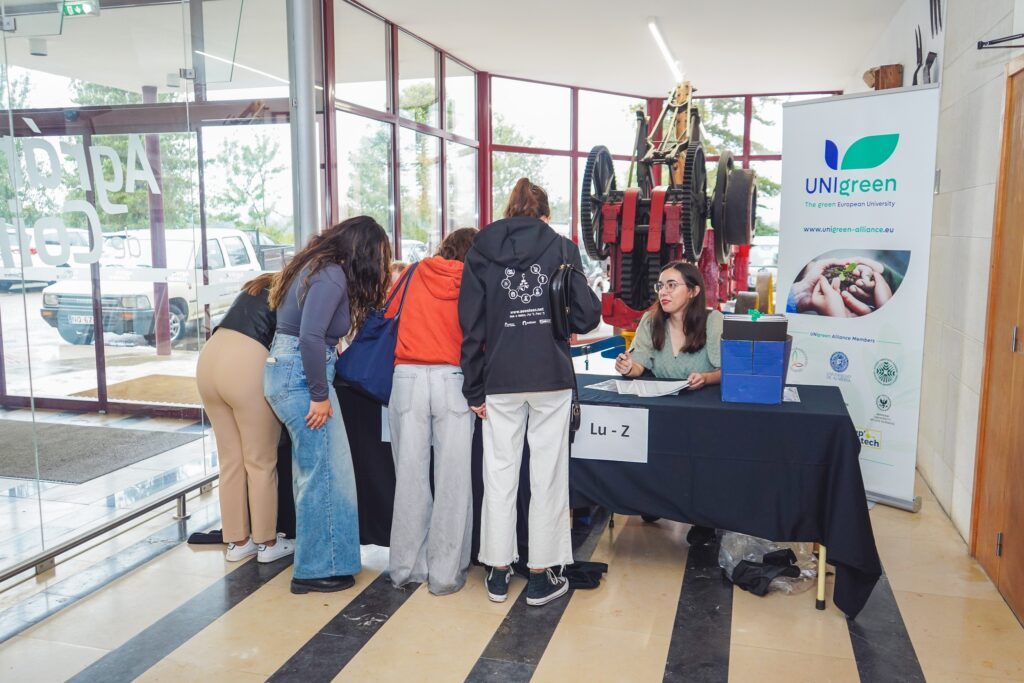
All speakers agreed that raising awareness in the community about more informed vector control is an important step towards controlling the problem, as well as the continuous and consistent carrying out of research studies that allow for the validation and improvement of intervention given this situation.
At the end of the seminar, Ana Ferreira, Vice-President of the PUC, highlighted that the panel showed “that only through multidisciplinarity can we contribute consciously and proactively to the prevention and control of vectors, especially in contexts as broad as climate change and public health, and this work is urgent and extremely relevant”.

